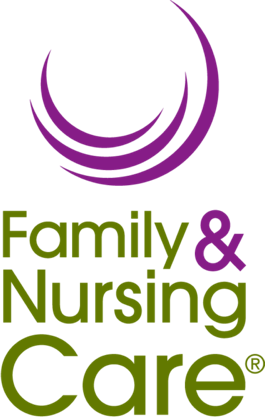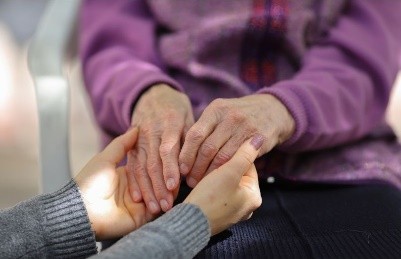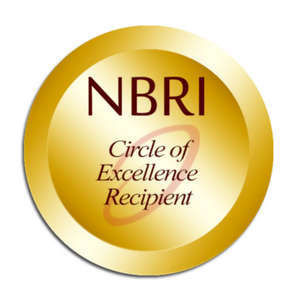
At Family & Nursing Care, our commitment to exceptional client support extends beyond traditional business hours. Our Nights & Weekends Client Services Manager Team plays a crucial role in ensuring that clients receive prompt and compassionate assistance whenever they need it. Whether adjusting schedules, guiding new clients through the care process, troubleshooting urgent issues, or collecting feedback, this team is always ready to respond with empathy, efficiency, and professionalism.
Our Nights & Weekends Client Services Manager Team members work closely with one another and other departments to ensure seamless communication and coordinated care. Each member brings unique expertise to their role, contributing to the team’s ability to navigate unpredictable situations. Team members include:
- Madison Hoover: With five years of experience as a Client Services Manager, Madison leads the Nights & Weekends team as Assistant Director, providing critical support to clients in crisis. She ensures that every client feels heard and valued, reinforcing the company’s commitment to providing access to compassionate care. Outside of work, Madison stays active with her toddler and enjoys time at the beach.
- Elizabeth Bearisto: A newly licensed attorney, Elizabeth applies her sharp problem-solving skills to every challenge she faces. She expertly balances urgency with empathy, ensuring that clients receive both the care and attention they deserve.
- Thomica Flakes: Passionate about mindfulness and resilience, Thomica is currently pursuing a master’s degree in corporate mindfulness. Her calming presence and ability to navigate unpredictable situations are a key asset to the team.
- Michael Sallee: Mike brings a unique blend of creativity and positivity to his role. As a comic, he keeps spirits high with his impersonations, love for dance, and passion for writing movies and TV shows — helping to create a supportive and uplifting atmosphere for both clients and colleagues.
Whether addressing an urgent need in the middle of the night or ensuring continuity of care over the weekend, our Nights & Weekends Client Services Manager Team is dedicated to providing the same high level of service that defines Family & Nursing Care. To learn more about how our team can help, visit our Client Services Managers webpage.





 Family & Nursing Care is honored to receive the
Family & Nursing Care is honored to receive the  With an estimated 48 million people in the U.S. taking care of adult relatives or friends and 61% working fulltime while caregiving, it comes as no surprise that these people are having trouble balancing their competing responsibilities. What’s more, the sandwich generation – adults who care for their parents while still raising their own children – is growing faster than ever, putting increased pressure on individuals caring for family members of all ages, whether it’s assisting with daily activities, medical care, finances, and emotional support.
With an estimated 48 million people in the U.S. taking care of adult relatives or friends and 61% working fulltime while caregiving, it comes as no surprise that these people are having trouble balancing their competing responsibilities. What’s more, the sandwich generation – adults who care for their parents while still raising their own children – is growing faster than ever, putting increased pressure on individuals caring for family members of all ages, whether it’s assisting with daily activities, medical care, finances, and emotional support. Imagine a family member goes to the hospital for a routine outpatient procedure. During the visit, your loved one encounters some unexpected complications, like their blood pressure rising or the doctor discovers something else during the procedure, and the hospital decides to keep your family member overnight for additional testing and monitoring. While many might think this person has been admitted as an inpatient, this person may actually be put on “observation status.”
Imagine a family member goes to the hospital for a routine outpatient procedure. During the visit, your loved one encounters some unexpected complications, like their blood pressure rising or the doctor discovers something else during the procedure, and the hospital decides to keep your family member overnight for additional testing and monitoring. While many might think this person has been admitted as an inpatient, this person may actually be put on “observation status.”




